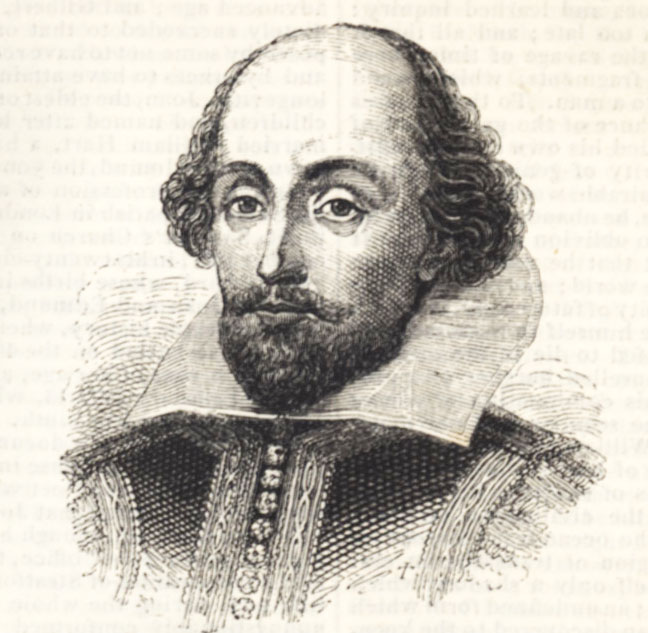comparison of two or more things not using "like" or "as"
metaphor
when one idea or sentence is stretched over two or more lines.
simile
Poems are written in these; they are usually numbered
lines
Chicago is a city that is fierce as a dog with tongue lapping for action.
What is being Compared in the above
Chicago and a Dog
Who is this famous poet?
William Shakespeare
writing that uses the five senses to create "pictures"
imagery
giving human traits or characteristics to an object or idea
personification
A Group of lines in a poem
Stanza
Lives of great men remind us / We can make our lives sublime;
And, departing, leave behind us / Footprints on the sands of time.
This is an example of......
metaphor
Gracefully she sat down sideways, / With a simper smile
This is an example of.....
alliteration
repeating the same starting sounds of words.
alliteration
when a poet repeats a word or words to emphasize
repetition
When the poet creates feeling or atmopshere
Mood
When you, my Dear, are away, away, / How wearily goes the day.
A year drags after morning, and night / Starts another year
This is an example of which Figurative Language
Hyperbole

Who is this famous poet?
Tupac
exaggeration for effect
hyperbole
when a words pronunciation imitates its sound
onomatopoeia
Ms Leah is a poet. ( true/false)
true
The tear-drop trickled to his chin: / There was a meaning in her grin
rhyme
How many lines and syllables in a haiku
3 lines (5,7 5) syllables
Reference to a well known character or person
allusion
when the outcome of a situation is the exact opposite of what was expected
irony
What is one of the most important rules to remember when reading a poem
To keep reading each line stopping and pausing only when you get to punctuation.
Punctuation is very important in helping you understand a poem.
Drip-hiss-drip-hiss- fall the raindrops.
onomatopoeia
Name at least 3 types of Poetry
Rhymed Poetry-rhyming words at the end of each line or couplet; Epic Poem-An epic poem is a long poem that tells a story; Ballad-typically tells a dramatic or emotional story; Acrostic-pells out a name, word, phrase or message with the first letter of each line of the poem; Elegy-have a set subject: death; Ode-praise a person, event or thing; Limerick-are funny (and sometimes rude!) poems; The last line is often the punchline; Sonnet-sonnets are made up of 14 lines and usually deal with love; Free verse-Free verse can rhyme or not, it can have as many lines or stanzas as the poet wants, and it can be about anything you like; Haiku-haikus consist of just three lines (tercet); the first and third lines have five syllables, whereas the second has seven